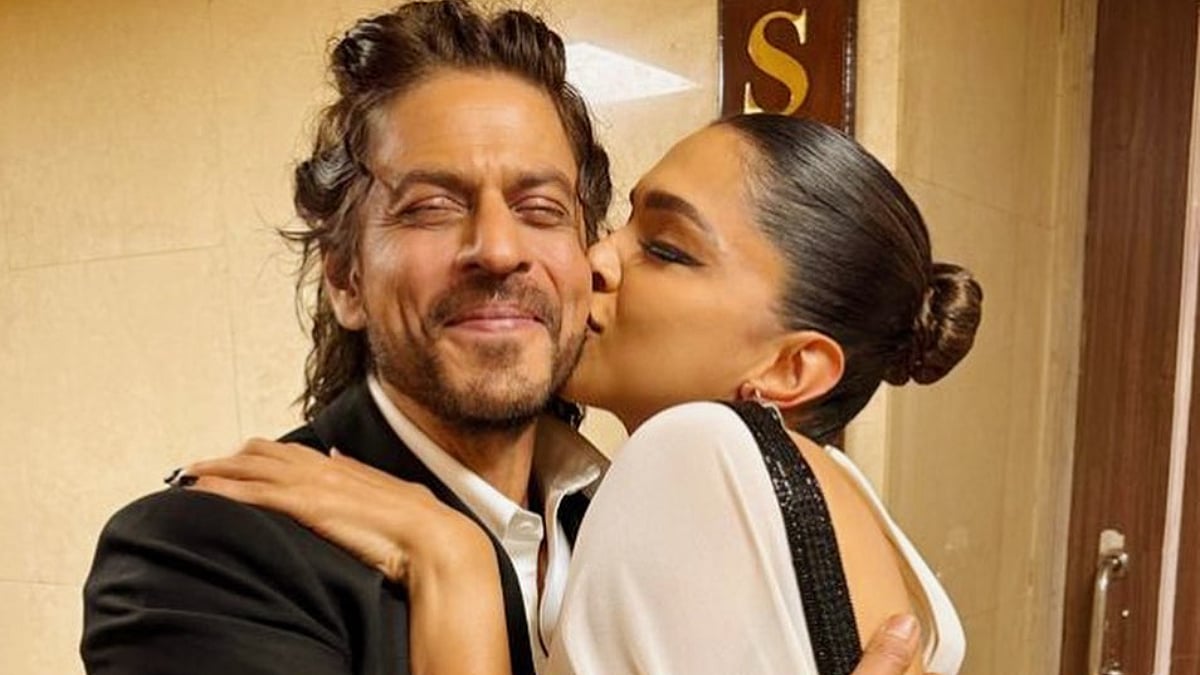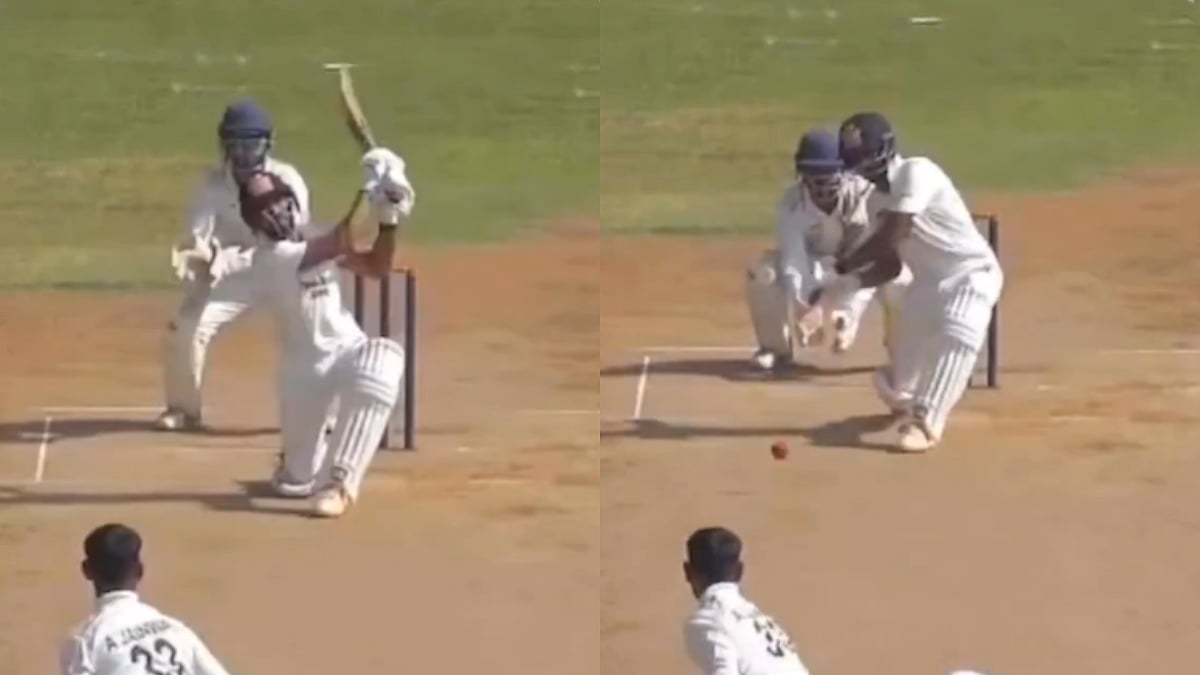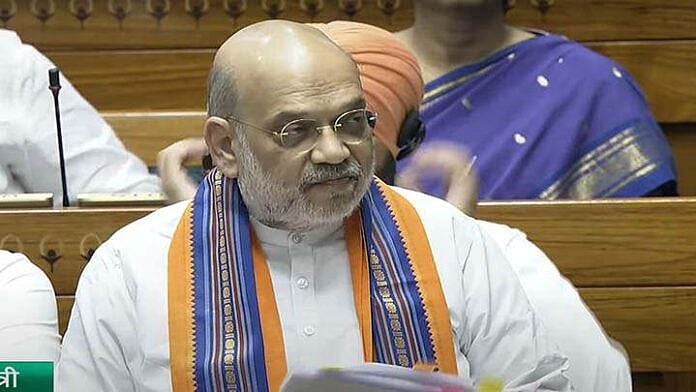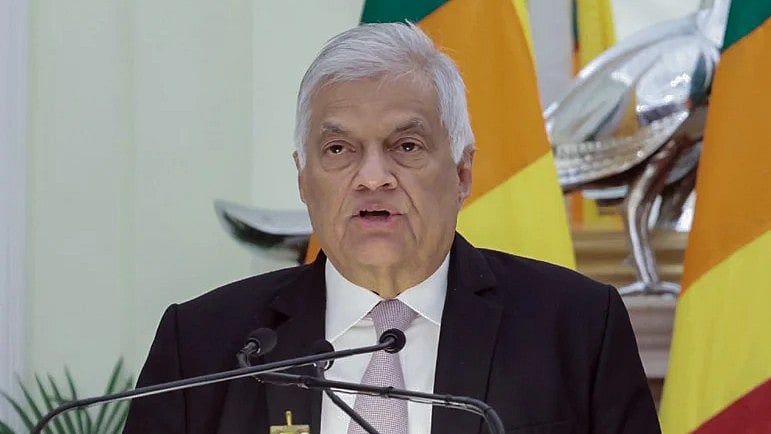The Chief Justice of India stressing the importance of the judiciary’s freedom should normally be seen as mere reiteration of an established principle. If this ritualistic assertion generates hope, you can gauge the extent of despondency in the society. After all, the last few years haven’t been a glorious phase of the Indian judiciary and the dominant view about some of the recent Chief Justices – particularly Dipak Misra, Ranjan Gogoi and Sharad Arvind Bobde – has been negative. While the performance of the Supreme Court during their tenure was uninspiring to say the least, their personal conduct too came under criticism from different quarters.
Small wonder the words of Chief Justice NV Ramana fell on wounds like a healing touch. He said on Wednesday, “For the judiciary to apply checks on governmental power and action, it has to have complete freedom. The judiciary cannot be controlled, directly or indirectly, by the legislature or the executive, or else the rule of law would become illusory.”
That the Chief Justice of India nurtures any such fear about attempts to control the judiciary in itself is a worrying sign. Strident criticism of the functioning of the court by senior members of the bar in recent years, coupled with certain unseemly events noticeable to the ordinary citizen, doubtless didn’t enhance the majesty of the apex court in the country.
Ordinary citizens’ faith in the highest judiciary will certainly be bolstered by the manner in which the Supreme Court has dealt with the questions of Covid vaccine and compensation to the families who lost their near and dear ones in the pandemic. Both the compassionate outlook and the courage to stand up to the government’s obstinacy repaired the court’s image impaired by the leniency shown to the blatantly misleading and false submissions by the executive in the recent past.
When the entire nation was witness to the disturbing spectacle of massive exodus of migrant workers, the court refused to haul up the government for misreporting that nobody was on the road, walking home because of the unplanned lockdown. The court’s attitude in many other politically sensitive cases caused national anguish. The difference after the new Chief Justice took over is being felt by keen observers; even as some believe a lot needs to be done to salvage the lost pride.
The benchmark was set so low that even routine questioning comes like a fresh air of hope. Ranjan Gogoi, after a thoroughly disappointing tenure, accepted the nomination for Rajya Sabha without even the pretense of reasonable cooling-off period, triggering speculation of a surrender of judges to the government. While some high courts rekindled hope by putting the executive’s decisions through strict legal scrutiny and by asserting established constitutional principles, the Supreme Court has now covered some ground in reinstating people’s faith in the judiciary.
The Chief Justice has done the right thing by stressing that judges cannot be swayed by the emotional pitch of public opinion amplified through social media platforms. “The new media tools that have enormous amplifying ability are incapable of distinguishing between right and wrong, good and bad and the real and fake. Therefore, media trials cannot be a guiding factor in deciding cases,” he said, adding that it was extremely vital to function independently and withstand all external aids and pressures.
While the explosion of social media has made the transmission of information and opinion extremely easy, it is true that organised propaganda can often be misleading and prejudicial to the quest for justice. The mainstream media too have damaged their reputation by orchestrated campaigns, as reflected recently in the Sushant Singh Rajput case.
The judges have far greater responsibility under these circumstances but the primary concern is the doubts in the minds of the ordinary citizens about the independence of the judiciary. A healthy democracy requires independent judiciary and even perceptions of a compromise betrays the cause of justice. Every stakeholder - be it the governments, political parties, lawyers or the media – should welcome the unambiguous assertions of Justice Ramanna about the need for “complete freedom” and hope the judges walk the talk.
Democracy needs independent institutions, individual freedom and a robust justice-delivery mechanism. India, like any other democracy, will get weakened if her institutions are undermined. There is no magic which will deliver strong institutions; it is for the individuals to do their duty honestly and work towards strengthening the institutions. It is incumbent more on the judges as they take oath to preserve the Constitutional values and deliver justice without fear or favour.










